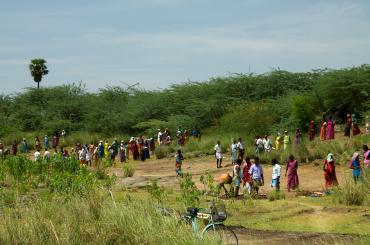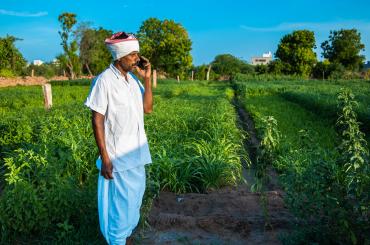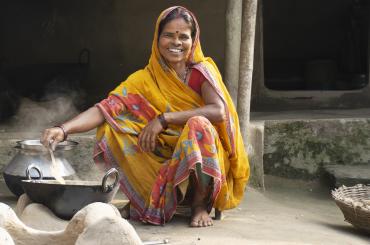

Sandip Sukhtankar is an Associate Professor in the Department of Economics at the University of Virginia, an affiliate of the Bureau for Research and Economic Analysis of Development (BREAD) and the Jameel Poverty Action Lab (J-PAL), and a co-editor of the Journal of Public Economics. He received his PhD from Harvard University in 2009, and a BA from Swarthmore College (with Highest Honors) in 2000. He previously worked at Dartmouth College, the Brookings Institution, and the Center for Global Development.
Prof Sukhtankar’s research interests are in development economics, political economy, and public economics, with a particular focus on corruption, governance, and the delivery of public benefits and services. Prof Sukhtankar’s research has been published or forthcoming in top journals such as the American Economic Review, Econometrica, Science, American Economic Journal: Applied Economics, Review of Economics and Statistics, and the Journal of Public Economics. His paper published in the American Economic Journal: Economic Policy was awarded the Best Paper award by the American Economics Association. His work has been supported by the National Science Foundation, the Omidyar Network, and the Bill and Melinda Gates Foundation.
Recent work by Sandip Sukhtankar
-

Reforming India’s public works scheme raised incomes
Improving the payment infrastructure for India’s National Rural Employment Guarantee Scheme raised incomes — mostly through increases in non-programme earnings
Published 30.10.23
-

Improving police responsiveness to gender-based violence: Evidence from India
Gender-targeted police services, coupled with training, improve the responsiveness of police to gender-based violence
Published 03.11.22
-

Improving last-mile service delivery using phone-based monitoring: Evidence from India
Monitoring a programme by calling recipients is a cost-effective way to improve implementation quality
Published 01.08.22
-

In-kind transfers as insurance: Evidence from India
While academics and policymakers prefer unconditional cash transfer to the poor, they value in-kind transfers that protect against price fluctuations
Published 01.03.21
-

Balancing corruption and exclusion: Incorporating India’s Aadhaar into public food distribution
Fighting corruption with India's new national ID system has cost some low-income households their benefits in the process
Published 17.04.20
-

Smartcards for smarter payments
Biometric technology and smart ID cards reduced leakage due to corruption and raised participation rates in the welfare system in Andhra Pradesh, India
Published 07.07.17